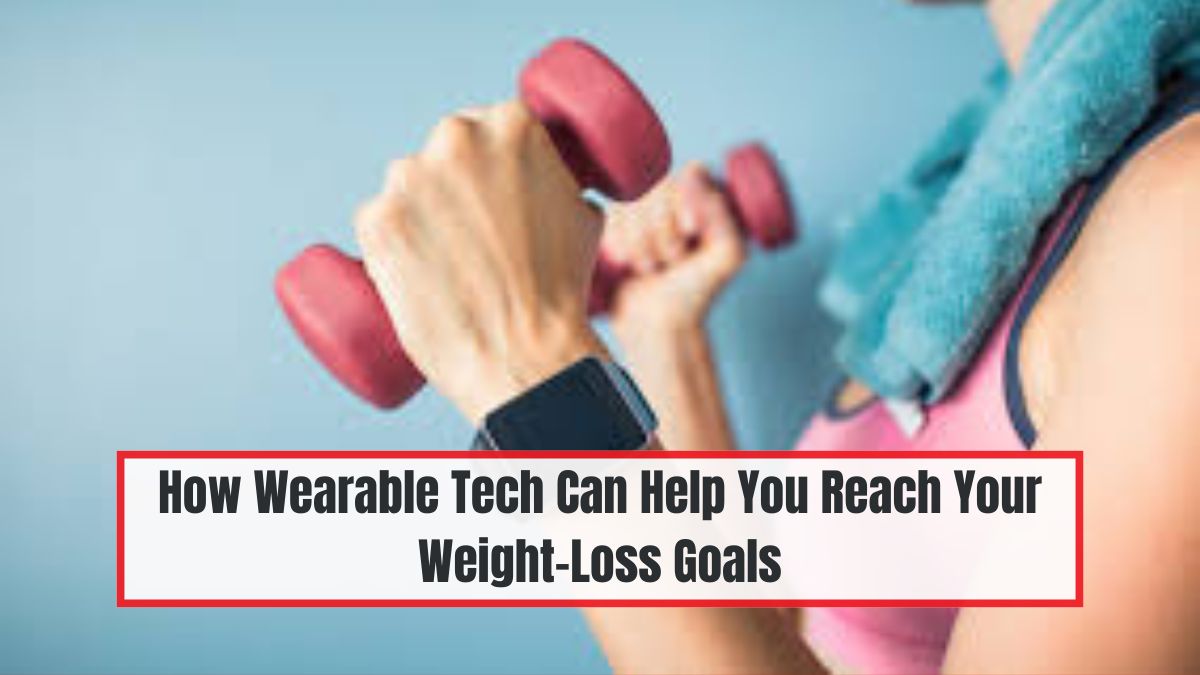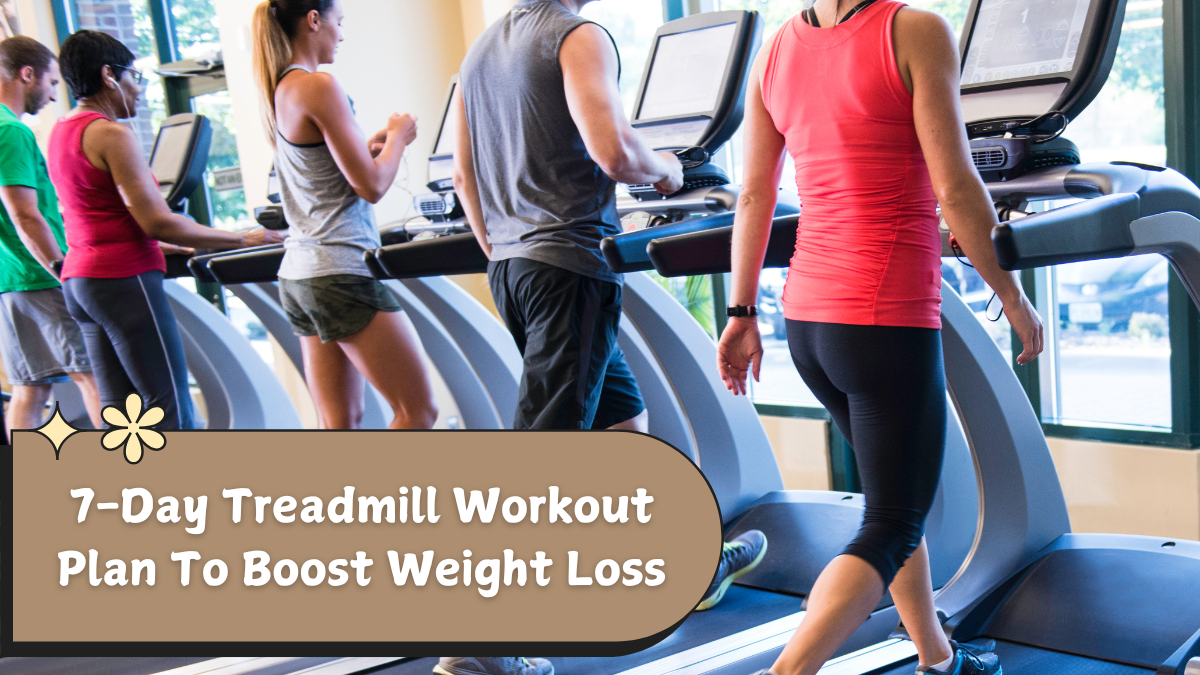In today’s digital age, wearable technology has revolutionized the way we approach health and fitness. These devices, ranging from fitness trackers to smartwatches, offer real-time data and personalized insights, making weight loss more attainable and engaging.
This article delves into how wearable tech can be a pivotal tool in your weight-loss journey.
Understanding Wearable Technology
Wearable devices are electronic gadgets designed to be worn on the body, continuously monitoring various health metrics. Common features include:
- Step Counting: Tracks daily movement.
- Heart Rate Monitoring: Measures pulse to gauge exercise intensity.
- Calorie Tracking: Estimates calories burned throughout the day.
- Sleep Analysis: Evaluates sleep patterns for recovery insights.
The Role of Wearable Tech in Weight Loss
1. Enhanced Self-Monitoring
Self-monitoring is crucial for successful weight loss. Wearable devices provide immediate feedback, allowing users to:
- Set and Track Goals: Define daily activity targets and monitor progress.Adjust Behaviors: Recognize patterns and make informed lifestyle changes.
2. Increased Physical Activity
Wearables encourage movement by:
- Sending Reminders: Alerts to reduce sedentary time.Offering Challenges: Gamified goals to boost motivation.
3. Personalized Insights
By analyzing collected data, wearables offer tailored recommendations on:
- Exercise Routines: Suggesting optimal workout types and intensities.Nutritional Guidance: Aligning calorie intake with activity levels.
4. Accountability and Motivation
Sharing progress with peers or health professionals fosters accountability. Many devices allow data sharing, creating support networks that enhance adherence to weight-loss plans.Notably, about 47% of users share their health data with healthcare providers, facilitating collaborative health management.
Potential Limitations
While wearables offer numerous benefits, it’s essential to recognize potential challenges:
- Data Accuracy: Variations in device precision can affect tracking reliability.
- User Engagement: Sustained motivation is necessary; some users may experience a decline in device usage over time.Studies have found that wearable devices may not always lead to significant weight loss compared to standard interventions, emphasizing the need for comprehensive lifestyle changes alongside device usage.
Comparative Overview of Popular Wearable Devices
| Device | Key Features | Approximate Price |
|---|---|---|
| Apple Watch | Heart rate monitoring, activity tracking, integration with health apps | $399 |
| Fitbit Charge | Sleep analysis, step counting, calorie tracking | $149 |
| Oura Ring | Sleep tracking, readiness scores, activity monitoring | $350 |
| Peloton Bike | Interactive workouts, real-time metrics | $1,895 |
Integrating wearable technology into your weight-loss strategy can offer personalized insights, motivation, and accountability.
By leveraging these tools alongside a balanced diet and regular exercise, achieving and maintaining weight-loss goals becomes more attainable.
Remember, the effectiveness of these devices hinges on consistent use and a commitment to holistic lifestyle changes.
FAQs
Do wearable devices guarantee weight loss?
While they provide valuable data and motivation, success depends on user commitment to lifestyle changes, including diet and exercise.
How accurate are wearable devices in tracking calories burned?
Accuracy varies by device and activity type. They offer estimates, but individual factors can influence exact numbers.
Can wearables replace professional medical advice?
No, they should complement professional guidance, not replace it. Always consult healthcare providers for personalized advice.




